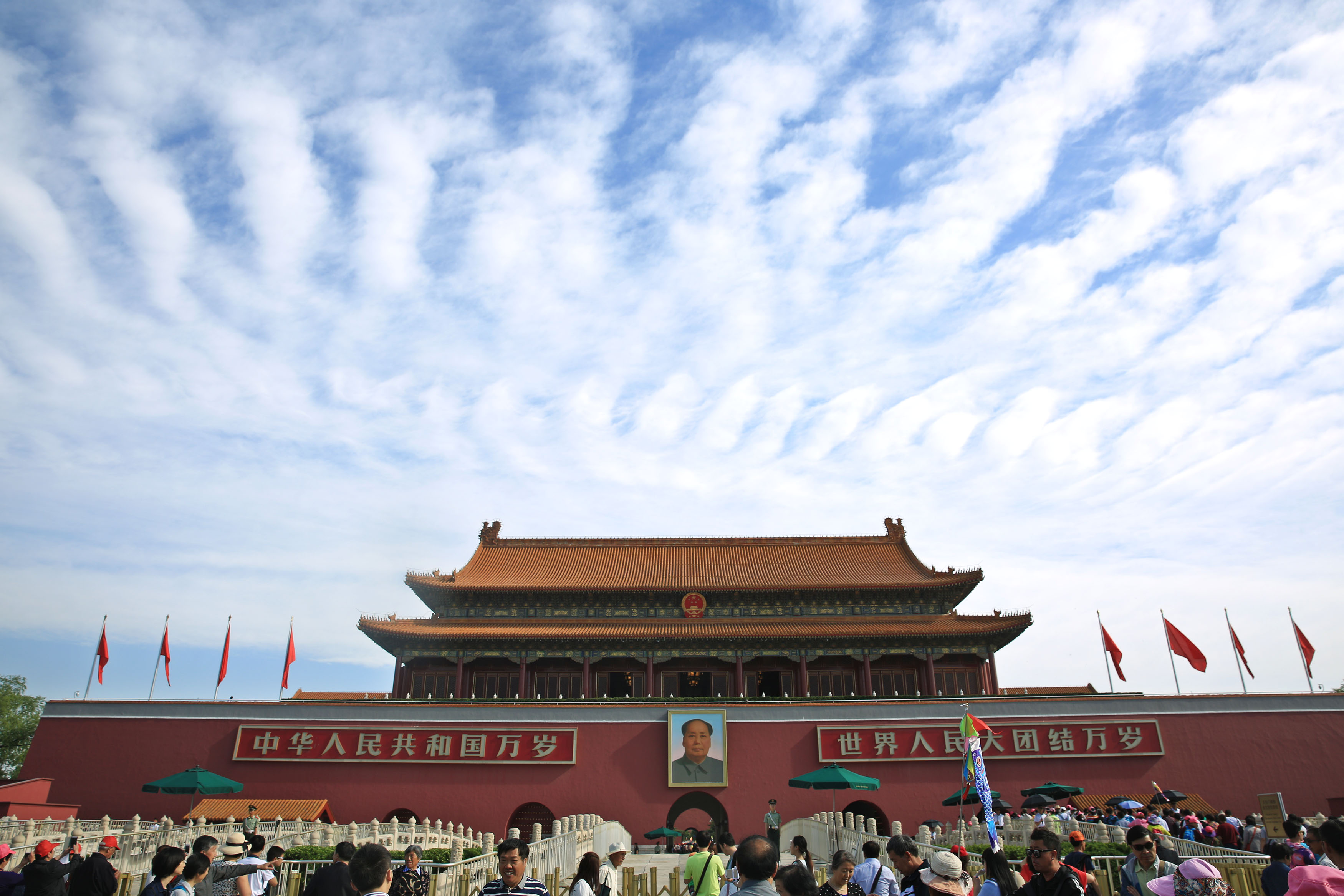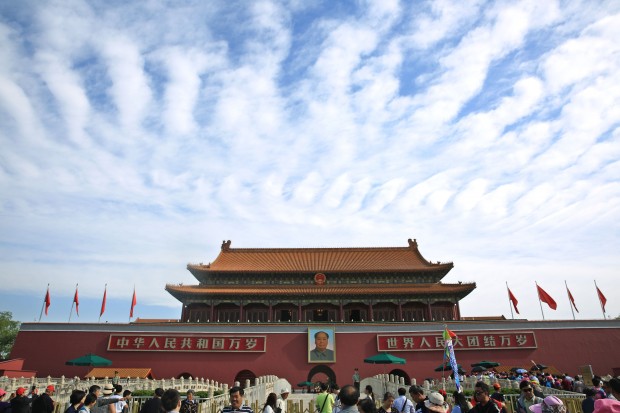
Koreans’ knowledge of China

Lee Seong-hyon – The Korea Times
A Chinese government official once told me why he likes Koreans more than the Japanese. “It’s because when I talk to Koreans, I can tell what they’re thinking inside. It’s written all over their faces. But when I talk to the Japanese, I don’t know what they’re thinking inside. I have to guess a lot.”
He added: “I like Koreans because they don’t hide their feelings. And I don’t misunderstand them.”
At first, I thought he was making fun of Koreans in veiled diplomatic sarcasm ― about how Koreans don’t make good diplomats. But soon, I was able to sense that he truly meant it as a compliment.
We moved on to other topics. But what he said lingered in my mind. And I am sharing it for the first time here.
The incident aroused a question in my mind. How much do Koreans and Chinese know each other? This may sounds like an odd question to ask. Koreans and Chinese have lived next to each other for thousands of years. There has been robust interaction in the cultural and social dimensions.
That gives the context for Koreans’ confidence with China. Koreans often claim they are the “people who know China best in the world,” a point that can be contested.
While Koreans openly express confidence in knowledge about China, they mean it in a more general sense. It should be fairer to say Koreans are “familiar” with China, not necessarily “know” China.
On the other hand, Chinese are more reserved and specific. Like the above Chinese are official, and while they easily establish emotional bonding with Koreans, they don’t necessarily claim to know Korea in a singular, lump-sum manner.
One of the most striking elements of Chinese views on South Korea is that they rather tersely acknowledge that their understanding of the contemporary, divided, two Koreas is quite patched and incomplete due to the Cold War insulation in which the two nations have hardly had any interaction with each other.
For instance, when Chinese writer Guo Moruo (1892-1978) visited North Korea in 1958, and saw the tomb of Chung Mong-joo, a famous Korean Confucian scholar, Guo wasn’t sure whether Chung was Chinese or Korean. So he had to ask about it to North Korea’s vice premier Hong Myung-hee.
South Koreans’ self-claimed cultural confidence with China should also be seen more in the context of their familiarity to “ancient China,” namely the land of the epic novel “Three Kingdoms,” “Analects,” Li Bai’s poems, the Confucian tradition of ancestral worship and so on.
On the other hand, the Korean’s knowledge and understanding of the “New China” (Xin Zhongguo) since 1949 under the Communist leadership is quite lacking. This is well illuminated in South Korean newspaper columns. Korean intellectuals often borrow words and stories from classical Chinese texts for inspiration and then analyze contemporary Chinese society under the Communist party rule, or reflect upon social ills in today’s South Korean society with China’s Confucianism as a point of moral reference.
Simply put, contemporary South Koreans dwell upon China’s past; contemporary Chinese dwell upon South Korea’s present. I am aware that this thinking challenges the popular narrative that puts the situation the other way around.
The contemporary Chinese interest in South Korea was largely focused on the latter’s recent economic development since the late 1970s to 1990s as China, in the aftermath of Deng Xiaoping’s “reform and opening up” drive, was in search of an economic development model, with South Korea as an easy reference.
After the fall of the Soviet Union and against the backdrop of the global loosening of ideological confrontation, the two nations re-established a diplomatic relationship in 1992. The contemporary academic interest in China about South Korea was timed with the year 1992. The diplomatic reconnect also allowed regular academic exchanges to resume.
Chinese interests in Korea studies significantly expanded in the late 1990s when South Korean popular culture of the so-called hallyu (the Korean wave) went viral and the Chinese interest in South Korea soared. Chinese scholars call it, “The first Renaissance period” for Korean Studies in China. It reached the highest point under South Korean president Roh Moo-hyun (2003-2008).
Roh’s seeming pro-China political orientation was widely seen as contributing to the upsurge. The ensuing period of the Lee Myung-bak administration (2008-2013) was, on the other hand, regarded as, “The setback period,” as Lee was a staunch pro-American politician.
When South Korea’s current president Park Geun-hye (2013 – to the present) was elected, she sent her emissaries to China first. It was a reversal of the previous practice of a South Korean president-elect to send goodwill envoys first to the U.S., Seoul’s staunch military ally since World War II. Park is widely seen as a “pro-China” figure in Beijing.
As we can see, South Korea and China have had their ups-and-downs and a swing relationship since their reconnect in 1992. In addition to political reasons, there may be other reasons. Maybe it’s because South Korea’s frame of reference in judging China is outdated, as it often dwells upon China’s past. Maybe it’s also because China’s face reading on South Korea isn’t as accurate as it thinks, as the Land of Morning Calm isn’t calm anymore, and has evolved as a more dynamic and complex entity that is hard to pin down, just by looking at its face.


